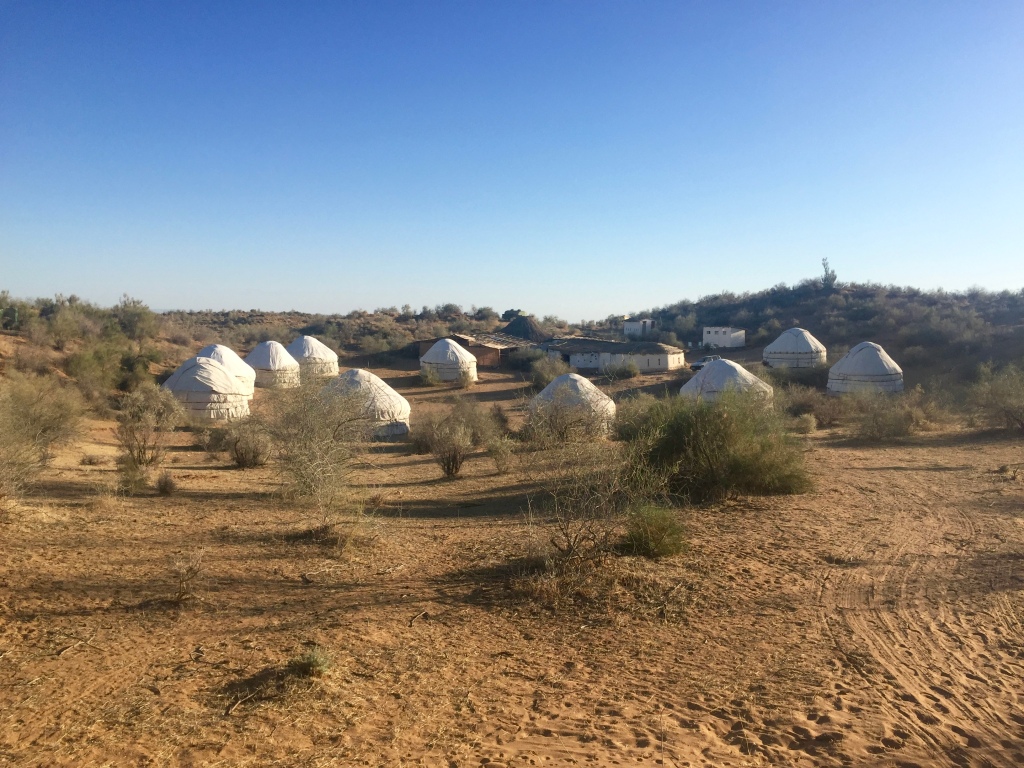The real reason producers make up countries that end in -stan

Urzikstan hasn’t had it easy. The country endured 20 brutal years of Russian occupation between 1999 and 2019, and its cities are scarred with terrifying reminders of a long-running conflict between insurgent factions.
Urzikstan also doesn’t exist; not outside the fictional setting of Call Of Duty: Modern Warfare, anyway.
This recent instalment in the popular series of high-octane shooter video games has you gun down obligatory waves of insurgents so you can recover stolen chemical weapons and save the world.
This is par for the course in Call Of Duty, but it got me thinking.
Why on earth would you make up a new country and call it Urzikstan? Why not pick a country that actually exists?
If one thing’s for sure, it’s that the entertainment industry loves making up ‘stans. There was a Kamistan in the US action drama series 24. The BBC had both Tazbekistan in the comedy Ambassadors, and Tazbekstan in spy drama Spooks. In fact, Wikipedia has a whole list of fictional ‘stans.
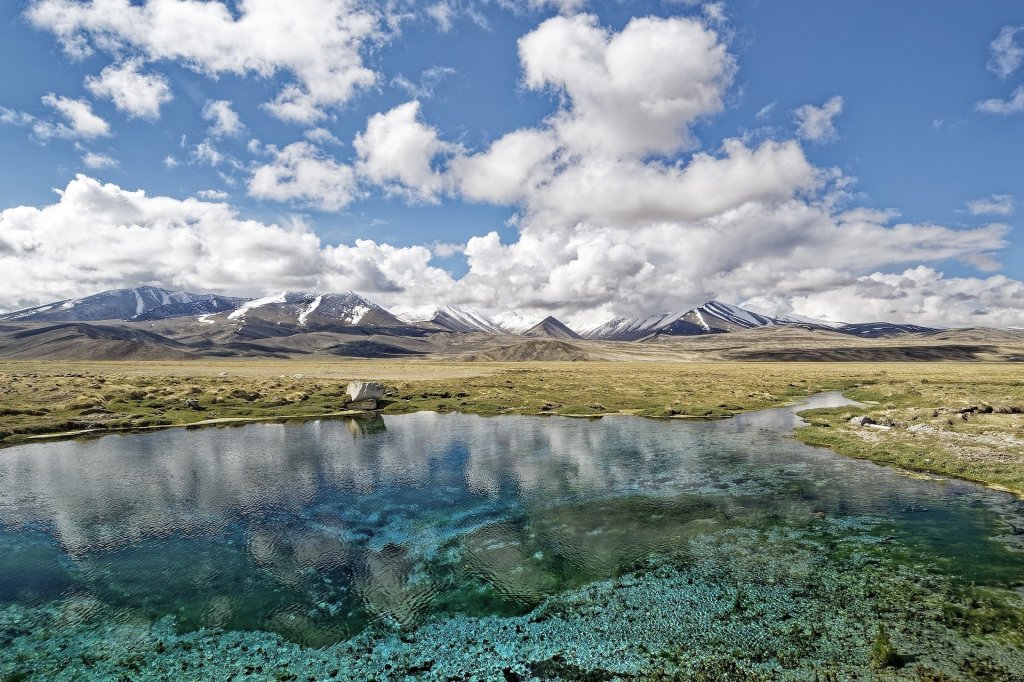
Image by Makalu
There seems to be one main reason for all these fictional ‘stans.
Your story can include every kind of bad guy
It’s no secret that made up countries give writers more narrative freedom.
Jacob Minkoff from Infinity Ward, the company that developed Call of Duty, said in an interview that using real countries risks your getting bogged down in complex regional politics and forces you to spend time faithfully representing conflicts.
That’s undoubtedly true, but there’s a little more to it than that.
Specifically putting ‘stan on the end of your country cleverly taps into some powerful stereotypes.
‘Stan on its own just means ‘land’ in Farsi; the Persian word for England is ‘Englestan’. It’s a suffix that pops up in regional names across Asia, and the seven countries ending in ‘stan cover almost 5.5 million km2.
Luckily for writers, these four letters also carry a bit of baggage.
In the eyes of the western public, a ‘stan is a bit dodgy, a bit deserty, a bit dangerous, and somewhere in that part of Asia few ever visit. Maybe we fought a war there recently.
This perception is deep-rooted. There are literary examples of clashes in the region going back at least as far as Rudyard Kipling’s Kim. Set in North India, where modern day Pakistan meets Afghanistan and Tajikistan, the 1900 novel has Russian spies, scheming empires, and complex regional politics.
It can sometimes feel like not much has changed. The occasional news we get from the ‘stans now doesn’t help improve general perceptions.
When one of the five former Soviet ‘stans somehow makes mainstream headlines, the story is usually either about alleged repression, barmy Russia-backed dictators, or Borat.
Pakistan and Afghanistan don’t get off lightly, either. These two also tend to make the news for the wrong reasons: terrorism, conflict, and instability.
The broad spectrum of evils commonly evoked by the ending ‘stan gives writers a lot of bang for their buck, because they can get away with throwing a whole range of our favourite baddies into a single fictional nation.
A made up ‘stan gets to have Russians, Islamic terrorists, dictators, corrupt officials, drugs smugglers, oil barons, and more besides.
Call of Duty’s Urzikstan is a typical melting pot of these ideas.
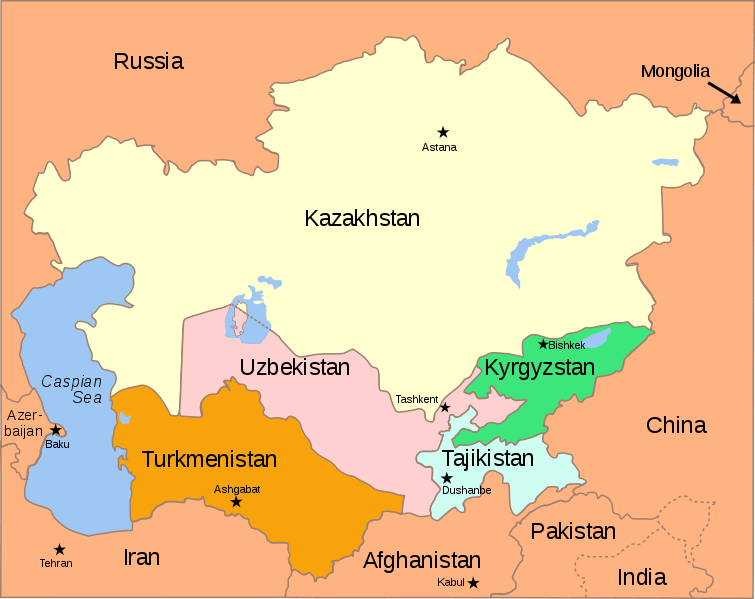
Urzikstan is an arid country where opium poppies grow against a backdrop of snow-capped mountains, like in Afghanistan. No one knows Dari or Pashto in Urzikstan though; it’s Arabic speaking.
It’s also a long way from any real ‘stan, bolted onto the side of Georgia and Russia with a Black Sea coastline. Proximity to the disputed Caucasus region gives writers additional justification for involving Islamic insurgents, instability, and Russians.
This ‘stan manages to tick many narrative boxes despite the component parts (Arabic speaking, Afghan backdrop, Black Sea coast) being completely at odds.
Fudging doesn’t much matter when the country is plausible, though.
And it is more than plausible in a world where a significant number of Americans believe the USA should bomb Agrabah, the desert country in Disney’s Aladdin.
Why else might you make up a country?
In an interview about fake countries, Howard Gordon, Executive Producer of Homeland and 24, said: “The last thing I think anybody on a TV show wants to do is create an international incident”.
It’s true that video games, TV and film often inadvertently touch a nerve with their unflattering depictions of far off nation states. So you can understand why Call of Duty might want to steer clear of controversy or offence.
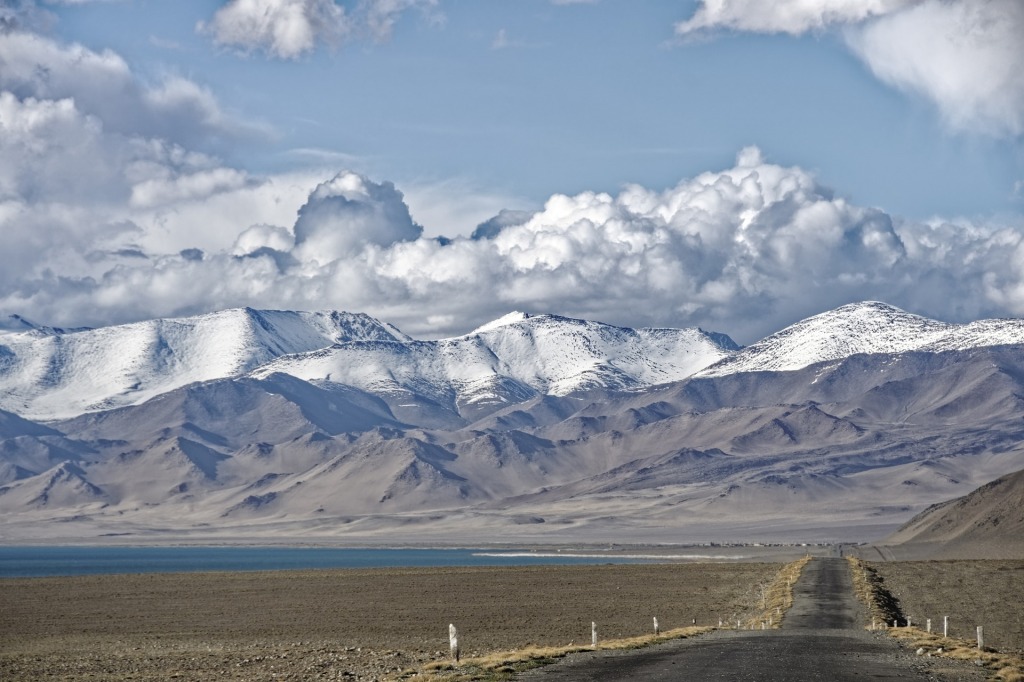
Image by Makalu
It’s not always the usual suspects and their censors kicking up a fuss, either. These things can be hard to predict.
In 2017, the Bolivian government took issue with the way it was portrayed in Tom Clancy’s Ghost Recon Wildlands, a video game where you fight a Mexican drug cartel as a member of the US Special Forces. They didn’t appreciate the Bolivian setting for a fictional Mexico-US war and filed a formal complaint.
Perhaps producers feel that it’s better not to single out one of the ‘stans in case something similar happens.
But it’s difficult to know whether they have reason to be worried. The only high-profile cinematic depiction of a real life ‘stan is the mockumentary Borat, where Sacha Baron Cohen plays a Kazakh journalist with outlandish views.
After initial national anger over the film simmered down, the Kazakhstani government reportedly thanked Baron Cohen for putting Kazakhstan on the map, saying it had boosted tourism in the country.
They’re even using his catchphrase “very nice!” as a slogan in their latest tourism campaign.
Perhaps concerns about causing offence are overblown.
Why are the bad guys always Russian?
One of the reasons I’m not convinced producers are overly concerned about offending foreign countries is that they don’t shy away from stereotyping Russia.
If anything, a stone-faced Russian thug is a cinematic staple. During the Cold War, Russians found their way into the plots of everything from Red Heat and James Bond to Rocky.

The makers of Call of Duty certainly don’t mind offending Russians. Several of their games, including Call of Duty: Modern Warfare, are banned in Russia because of the way Russia and the Russian characters are demonised.
And if a big budget video game series is happy to create games where Russian ultranationalists mow down crowds of innocent civilians in an airport, would they really care what a small central Asian ‘stan might think of a game set in their homeland?
It seems a bit disingenuous.
In reality, producers just don’t need to use a real ‘stan. The fictional ‘stan works precisely because so few people know their Tajikistan from their Kyrgyzstan – just a confusing collection of consonants to the uninitiated.
Russia, on the other hand, is a big, scary country. People have heard of that one.
It undoubtedly makes little sense researching Russia-Kyrgyz relations and working out how to create plausible intrigue in a storyline when so few will care about the details anyway.
It’s ultimately not important how the Russian bad guys or terrorists enter the plot; they just need to be there. And a ‘stan existing in a region few understand is often the perfect vehicle for this.
Call of Duty writers realised that they could have their cake and eat it with an arid, Black Sea, former-Soviet Arab country full of chemical weapons-stealing terrorists and mad Russians.
As dubious as Urzikstan looks and sounds if you dig a little, the main thing is that it allows for maximum fun and maximum carnage!
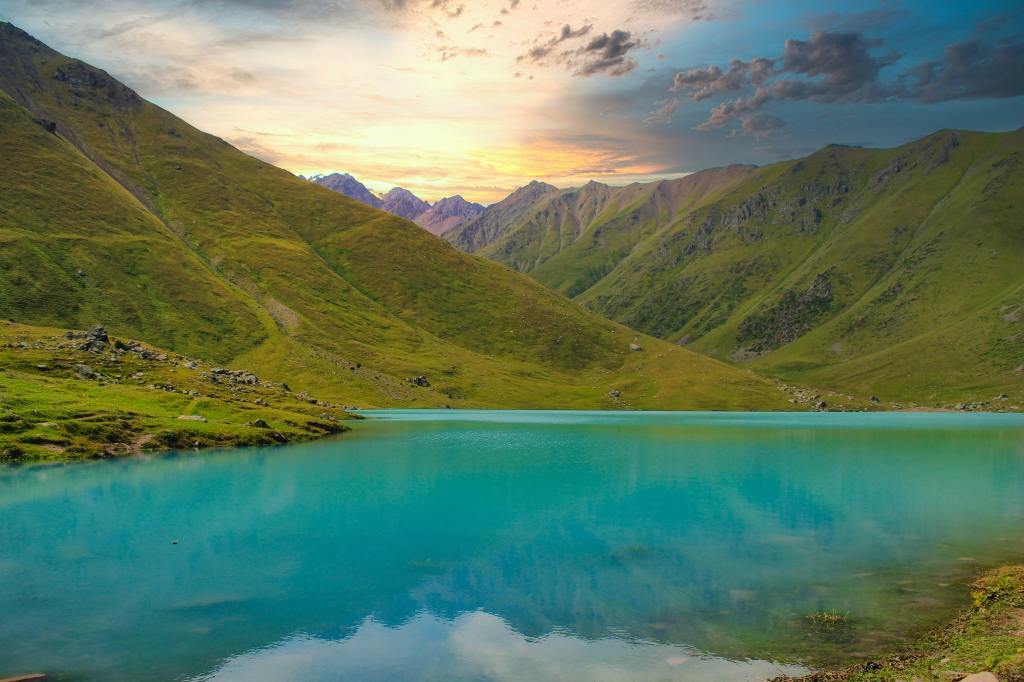
Photo by Bobby Rahe
If you enjoyed reading this and would like to be notified when I publish new stuff, please consider signing up to my mailing list or following the blog on Facebook or Twitter.



